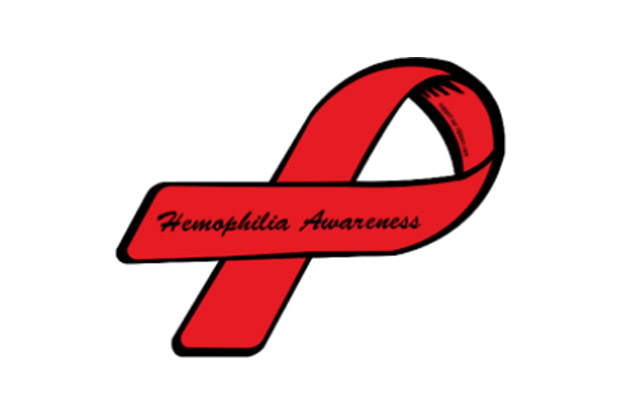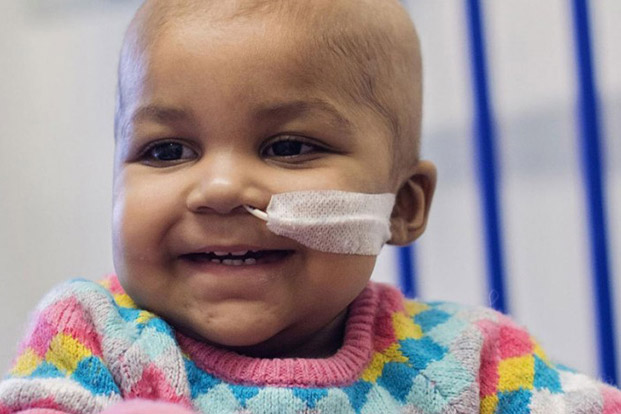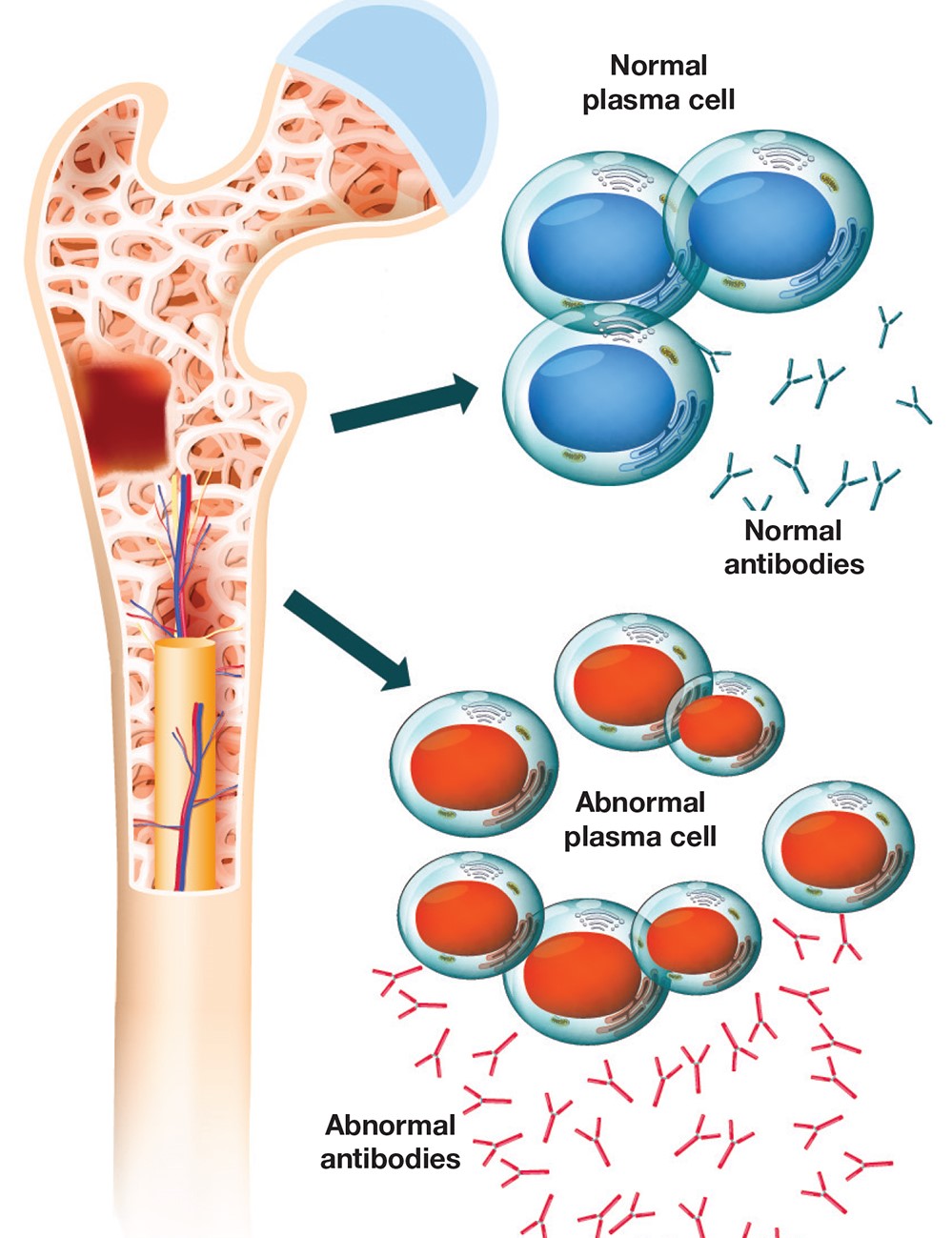Categories
- Bariatric Surgery (11)
- Black Fungus (5)
- Bone Marrow transplant (3)
- Brain Tumor Surgery Navigation Technology (20)
- Cardiac Surgery (66)
- Cardiology (97)
- Computer navigation technology for joint replacements (20)
- Covid Vaccination (17)
- Critical Care (2)
- Dental (19)
- Dermatology (31)
- Dialysis Support Group - “UTSAAH” (11)
- Dietitian (33)
- Emergency Medicine (4)
- Emotional Health (11)
- Endocrinology (33)
- ENT (20)
- Gastroenterology and GI Surgery (53)
- General and Laparoscopic Surgery (21)
- General Surgery (4)
- Gynecology & Obstetrics (183)
- Hematology (20)
- Internal Medicine (294)
- Kidney Transplant (50)
- Kidney Transplantation (20)
- Lung Cancer (8)
- Minimal Invasive Surgery (1)
- Mother & Child (20)
- mucormycosis (5)
- Nephrology (61)
- Neurology (147)
- Neurosurgery (68)
- Nutrition and Dietetics (107)
- Omicron Variant (1)
- Oncology (288)
- Ophthalmology (10)
- Orthopaedics & Joint Replacement (86)
- Paediatrics (59)
- Pediatric Nephrology (3)
- Physiotherapy (5)
- Plastic & Reconstructive Surgery (6)
- Psychiatry and Psychology (90)
- Psychologist (28)
- Pulmonology (72)
- Rheumatology (13)
- Spine Services (21)
- Transradial Angioplasty (16)
- Urology (84)
Query Form
Posted on Apr 19, 2022
Improving Survival in Haemophilia
Haemophilia is derived from Greek words – haima (blood) and philia (love).It is a condition affecting 1 in 10000 males world wide. A hereditary disease, Haemophilia is a bleeding disorder in which there is a tendency of the body to bleed easily, often bleeding to death. It is also known as the royal disease as Queen Victoria suffered from it and she passed on the disease to her children. Some of the affected children married into the royalty of the Europe First , as described by the great medieval surgeon Abulcasis in the 10th century. He further described Haemophilia as a condition in which the males of a family died after minor trauma. The scientific basis however remained unknown till 19th century when John Conrad Otto of USA described it as a hereditary bleeding disorder affecting males. In 1813 John F Hay published an article in the leading journal New England Journal of Medicine.
What causes Haemophilia?
Haemophilia occurs because of deficiency of the clotting factors. Depending on the clotting factor deficiency, Haemophilia can be classified into two types – Haemophilia A in which there is factor VII defeiciency and Haemophilia B with factor IX deficiency . This is transmitted genetically to the child from the parents who are affected by this disease. Bleeding occurs mainly in males and females are silent carriers. Bleeding manifests at birth or sometimes in adulthood. One should suspect the disease if bleeding does not stop after a minor bruise or cut.
Present treatment for Haemophilia:

Treatment is much improved now with affected patients having a good quality of life and life expectancy only 10 years less.Before 1960 the life expectancy was only 11years. Subsequently these patients were transfused with Fresh Frozen Plasma (FFP) and factor concentrates which contained the deficient clotting factors. However this was associated with risk of transmission of infections like HIV and Hepatitis C. As a result some of these patients suffered from these life long illnesses. With further advances in medicine this complication was also eliminated and now concentrates of these factors are made by recombinant technology. Recently gene therapy has been used in a few selected patients and is the future. However there are still serious complications that affect hemophilia patients, they are :
- Deep interal bleeding
- Joint damage
- Transfusion transmitted infections
- Development of antibodies to factor V111 and IX
- Intracranial hemorrhage
As far as treatment is concerned the mainstay is transfusion of deficient factors V111 or IX preferably through factor concentrates , if not available then by FFP . With appropriate treatment Haemophilia is a disease of which one should not be scared . However one has to be cautious and take adequate treatment.There are various support groups in India to support the patients and the care givers with counseling, financial support and valid information for everyday living. Various national and international groups and actively involved to treat Haemophilia.



